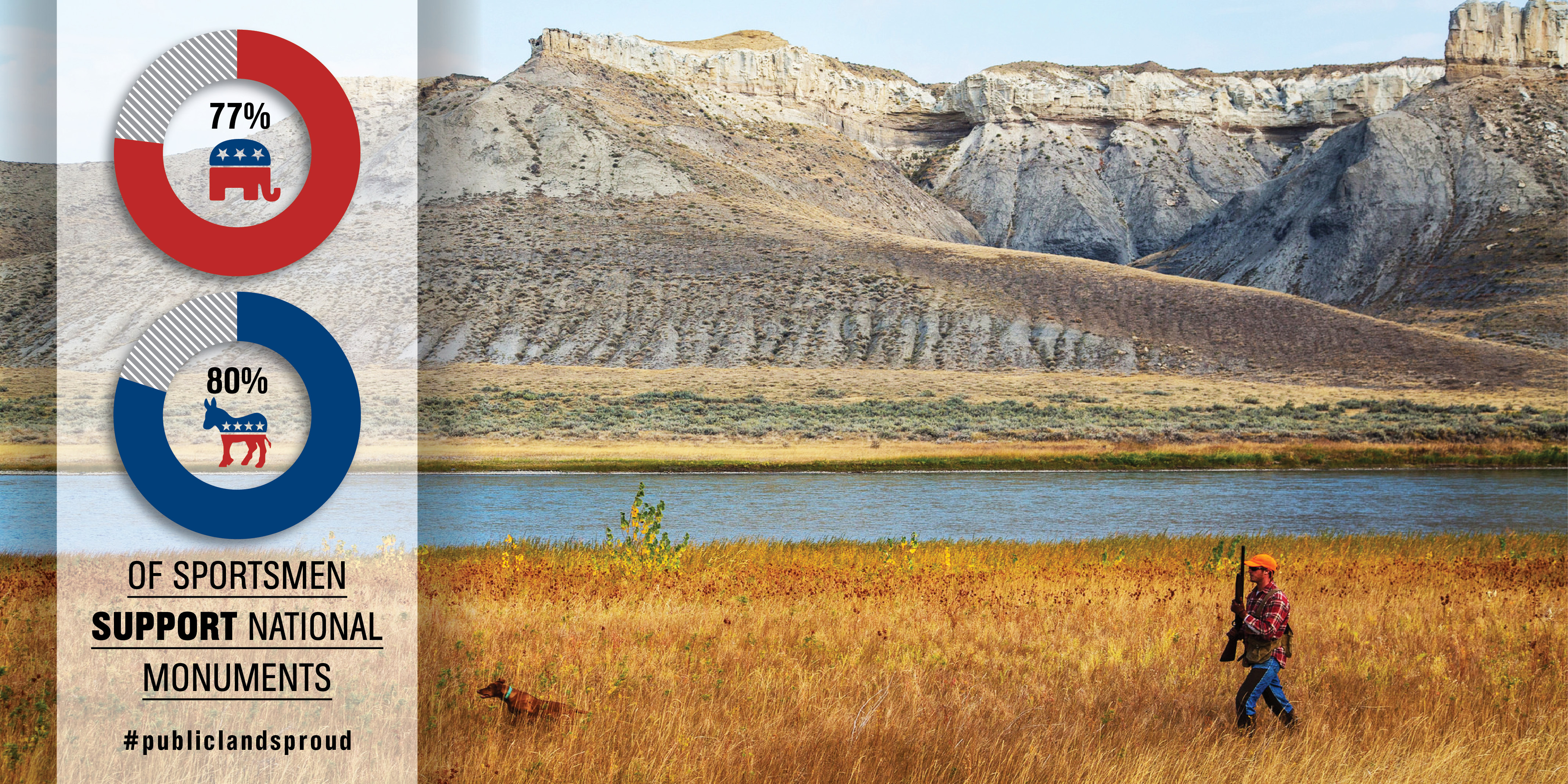Conservation challenges and opportunities are outlined in the organization’s Annual Report
The Theodore Roosevelt Conservation Partnership has unveiled its latest Annual Report, which highlights the organization’s work on behalf of healthy habitat, clean water, sportsmen’s access, and the outdoor recreation economy in 2018.
“As partisanship raged on, political pressures did not sway us from criticizing bad conservation policies or giving credit where it was due,” says Whit Fosburgh, TRCP’s president and CEO. “We also saw some of our major efforts to convene and lead the hunting and fishing community over the past five years come to fruition in a new Farm Bill, passage of the Modern Fish Act, and permanent reauthorization for the Land and Water Conservation Fund.”
The Annual Report outlines TRCP’s efforts, accomplishments, and future policy priorities related to:
- Securing the future of the Land and Water Conservation Fund
- Identifying and opening access to landlocked public lands
- Conserving big game migration corridors
- Defending the value of habitat mitigation
- Battling chronic wasting disease
- Clinching major conservation priorities in the 2018 Farm Bill
- Advocating for a fire borrowing fix and robust conservation funding levels
- Modernizing the management of federal saltwater fisheries
- Investing in nature-based infrastructure solutions
- Opposing the rollback of clean water standards for headwaters and wetlands
- …and more
“But we’re not resting on our laurels,” says Fosburgh. “Legislative wins mean nothing if programs are underfunded or if conservation agencies fail to implement policies in time to have an impact. The TRCP will continue working with decision-makers to see that bill passage or program authorization isn’t the last step—it is the start of a new era of conservation outcomes that help guarantee all Americans quality places to hunt and fish.”





